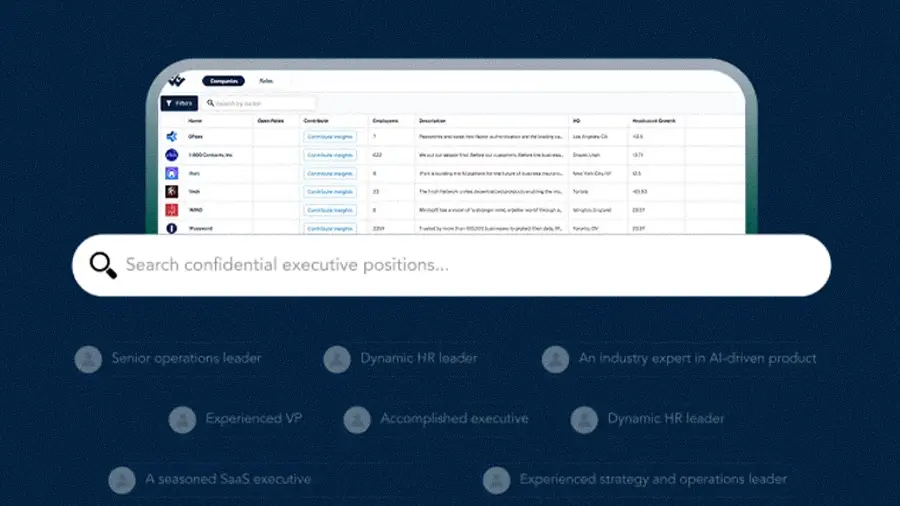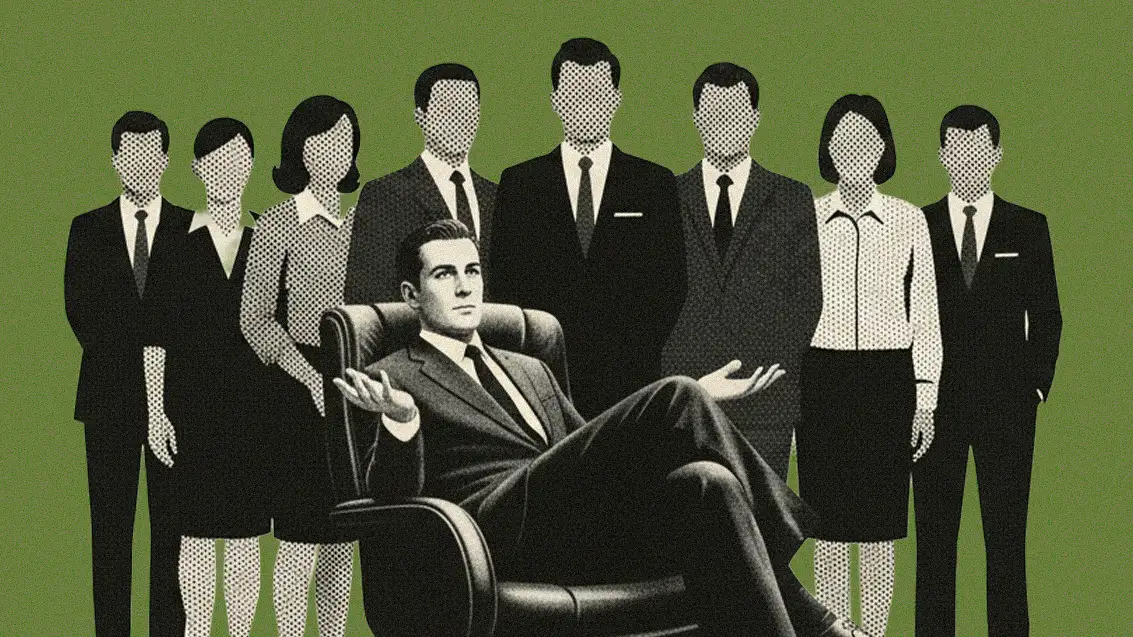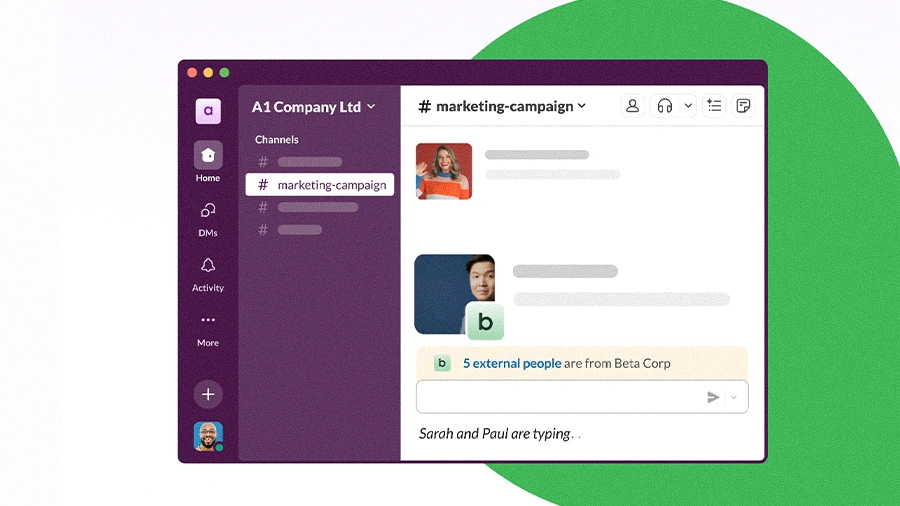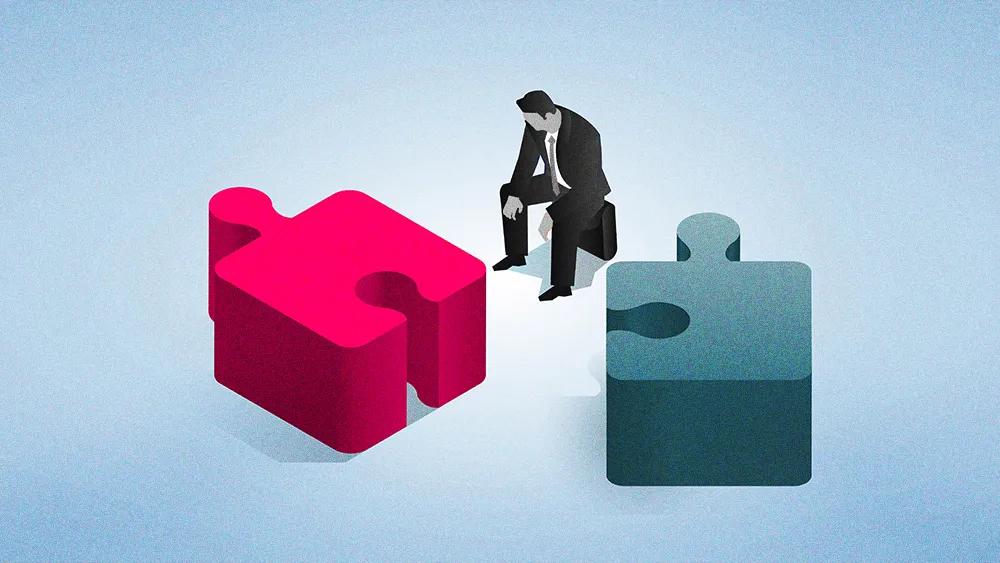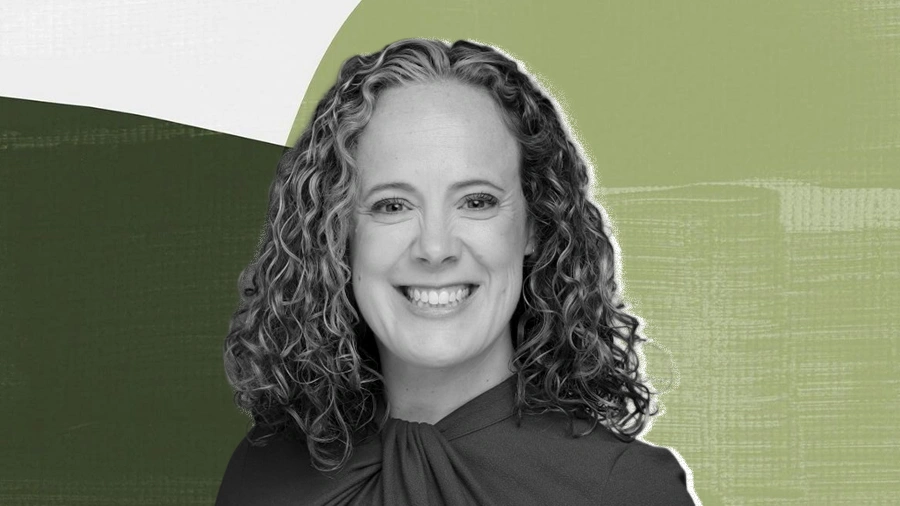Online workflows inherit offline flaws, and it’s costing companies their digital wellness

Key Points
Bailey Parnell discusses how digital burnout stems from broken workplace culture, not just technology.
Companies should adopt a “values-first” approach to technology, aligning tools with core values like work-life balance.
Leaders are using AI as a non-judgmental coach to improve skills without social risk.
Parnell advocates for explicit communication norms to combat digital burnout, focusing on when messages are received, not sent.
The skills you build offline will 1,000% follow you online. If a company doesn’t have strong communication practices in person, they can’t expect a new tool to magically create them.

Bailey Parnell
Founder and CEO
SkillsCamp
The real digital wellness problem isn’t the tools. It’s the broken workplace culture they expose. In the rush to fix digital burnout and disconnected teams, most leaders blame clunky platforms and nonstop pings instead of looking inward.
Bailey Parnell is an EdD candidate, the Founder and CEO of leadership development firm SkillsCamp, and the Founder of the not-for-profit Center for Digital Wellbeing. Her work sits at the intersection of leadership, culture, and technology, and she’s urging companies to rethink how they build all three in a digital age.
Offline or off-track: “The skills you build offline will 1,000% follow you online. If a company doesn’t have strong communication practices in person, they can’t expect a new tool to magically create them.” Parnell says too many teams rush into tech without doing the cultural groundwork. “If they didn’t have values—or know what those values looked like in action—that’s where they should start, long before entering the digital world.” Tech should bring values to life, not replace them.
Values before vendors: With that cultural foundation in place, leaders can then apply her core philosophy to technology. Parnell argues companies stumble when they adopt technology with a “task-first” mindset instead of a “values-first” one. “Leaders ask, ‘Can this tech solve a task?’” she says, “when they should be asking, ‘How will this tool support, or undermine, our company’s core values like work-life balance or inclusion?’”
Lean into inclusivity When implemented correctly, Parnell insists digital tools can become powerful value accelerators, strengthening culture in ways that weren’t possible before. She points to hybrid work models and live meeting transcriptions as prime examples. “That in itself is an inclusive practice that couldn’t have happened without the digital tool,” she notes. “You have to lean into that part of it.”
Answers, hold the judgment: This human-centric approach extends even to artificial intelligence. “ChatGPT will never tell me I’m an idiot,” she explains. “I can ask questions seven times. I can say, ‘Explain it like I’m three,’ without fear of judgment.”
Parnell’s research reveals that leaders are quietly using AI as a private, non-judgmental coach to improve their skills without social risk. “This dynamic removes the social desirability bias that can hold leaders back, creating a safe space to learn, with leaders consistently applying a ‘human judgment firewall’ before any output reaches their teams.”
Power to the receiver: Parnell says leaders must set explicit cultural norms around communication to combat the digital burnout that arises from poorly implemented tech. Her own rule is simple but transformative: “You can send a message whenever you work best, but you cannot expect a response outside of our agreed-upon hours.” This shifts the power dynamic of remote work. “My focus isn’t on controlling when people send messages,” she explains. “It’s on giving them control over when they receive them.”
Make it official: She believes these individual policies must be scaled into a formal organizational strategy, because employees often can’t pinpoint technology as the source of their overwhelm. “Digital wellness can’t be an afterthought,” Parnell says. “It needs to be intentionally woven into a company’s overall wellness strategy, with its own language and dedicated training.”
Digital wellness can’t be an afterthought. It needs to be intentionally woven into a company’s overall wellness strategy, with its own language and dedicated training.

Bailey Parnell
Founder and CEO
SkillsCamp
Digital wellness can’t be an afterthought. It needs to be intentionally woven into a company’s overall wellness strategy, with its own language and dedicated training.

Bailey Parnell
Founder and CEO
SkillsCamp
Related articles
TL;DR
Bailey Parnell discusses how digital burnout stems from broken workplace culture, not just technology.
Companies should adopt a “values-first” approach to technology, aligning tools with core values like work-life balance.
Leaders are using AI as a non-judgmental coach to improve skills without social risk.
Parnell advocates for explicit communication norms to combat digital burnout, focusing on when messages are received, not sent.

Bailey Parnell
SkillsCamp
Founder and CEO

Founder and CEO
The real digital wellness problem isn’t the tools. It’s the broken workplace culture they expose. In the rush to fix digital burnout and disconnected teams, most leaders blame clunky platforms and nonstop pings instead of looking inward.
Bailey Parnell is an EdD candidate, the Founder and CEO of leadership development firm SkillsCamp, and the Founder of the not-for-profit Center for Digital Wellbeing. Her work sits at the intersection of leadership, culture, and technology, and she’s urging companies to rethink how they build all three in a digital age.
Offline or off-track: “The skills you build offline will 1,000% follow you online. If a company doesn’t have strong communication practices in person, they can’t expect a new tool to magically create them.” Parnell says too many teams rush into tech without doing the cultural groundwork. “If they didn’t have values—or know what those values looked like in action—that’s where they should start, long before entering the digital world.” Tech should bring values to life, not replace them.
Values before vendors: With that cultural foundation in place, leaders can then apply her core philosophy to technology. Parnell argues companies stumble when they adopt technology with a “task-first” mindset instead of a “values-first” one. “Leaders ask, ‘Can this tech solve a task?’” she says, “when they should be asking, ‘How will this tool support, or undermine, our company’s core values like work-life balance or inclusion?’”
Lean into inclusivity When implemented correctly, Parnell insists digital tools can become powerful value accelerators, strengthening culture in ways that weren’t possible before. She points to hybrid work models and live meeting transcriptions as prime examples. “That in itself is an inclusive practice that couldn’t have happened without the digital tool,” she notes. “You have to lean into that part of it.”

Bailey Parnell
SkillsCamp
Founder and CEO

Founder and CEO
Answers, hold the judgment: This human-centric approach extends even to artificial intelligence. “ChatGPT will never tell me I’m an idiot,” she explains. “I can ask questions seven times. I can say, ‘Explain it like I’m three,’ without fear of judgment.”
Parnell’s research reveals that leaders are quietly using AI as a private, non-judgmental coach to improve their skills without social risk. “This dynamic removes the social desirability bias that can hold leaders back, creating a safe space to learn, with leaders consistently applying a ‘human judgment firewall’ before any output reaches their teams.”
Power to the receiver: Parnell says leaders must set explicit cultural norms around communication to combat the digital burnout that arises from poorly implemented tech. Her own rule is simple but transformative: “You can send a message whenever you work best, but you cannot expect a response outside of our agreed-upon hours.” This shifts the power dynamic of remote work. “My focus isn’t on controlling when people send messages,” she explains. “It’s on giving them control over when they receive them.”
Make it official: She believes these individual policies must be scaled into a formal organizational strategy, because employees often can’t pinpoint technology as the source of their overwhelm. “Digital wellness can’t be an afterthought,” Parnell says. “It needs to be intentionally woven into a company’s overall wellness strategy, with its own language and dedicated training.”
